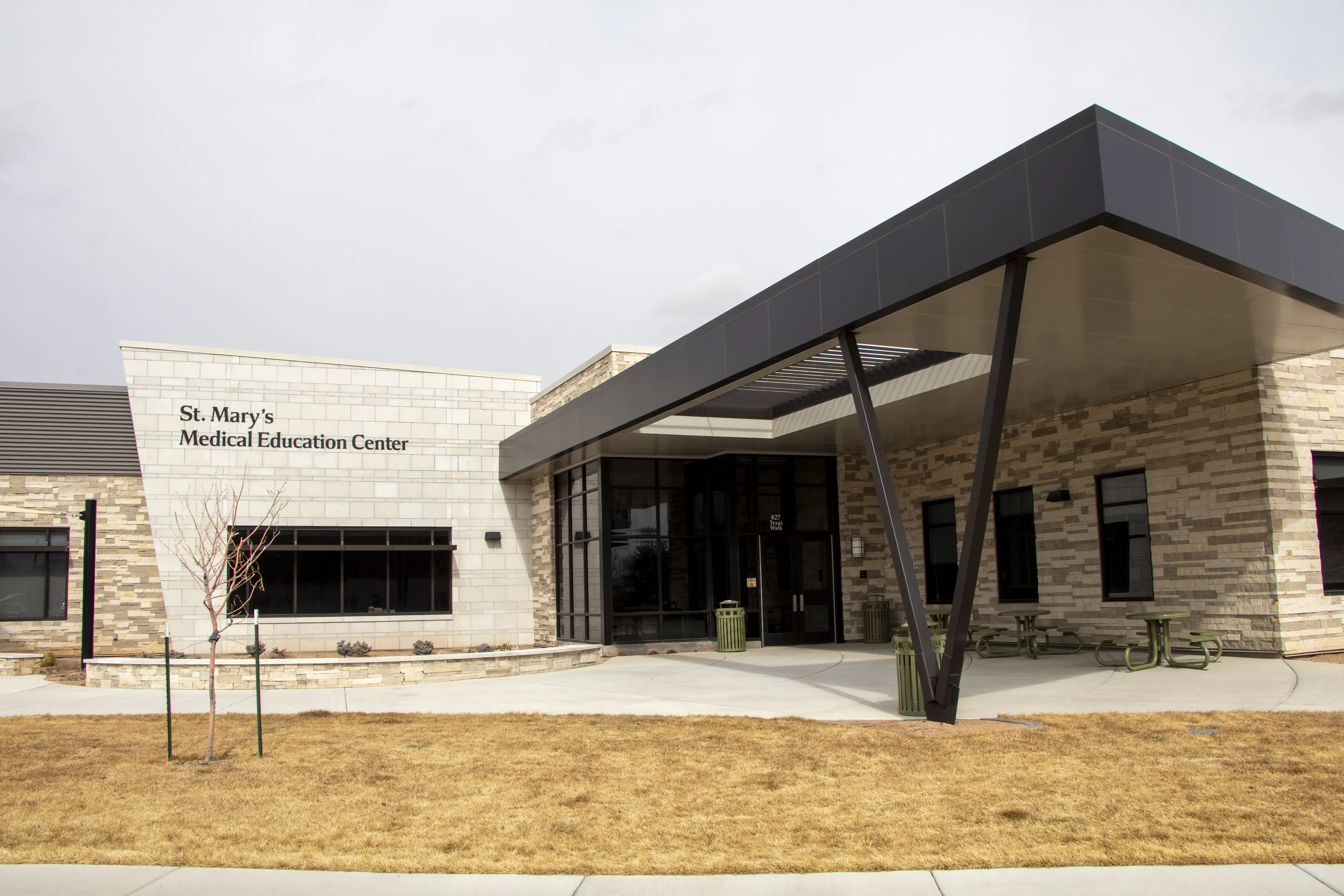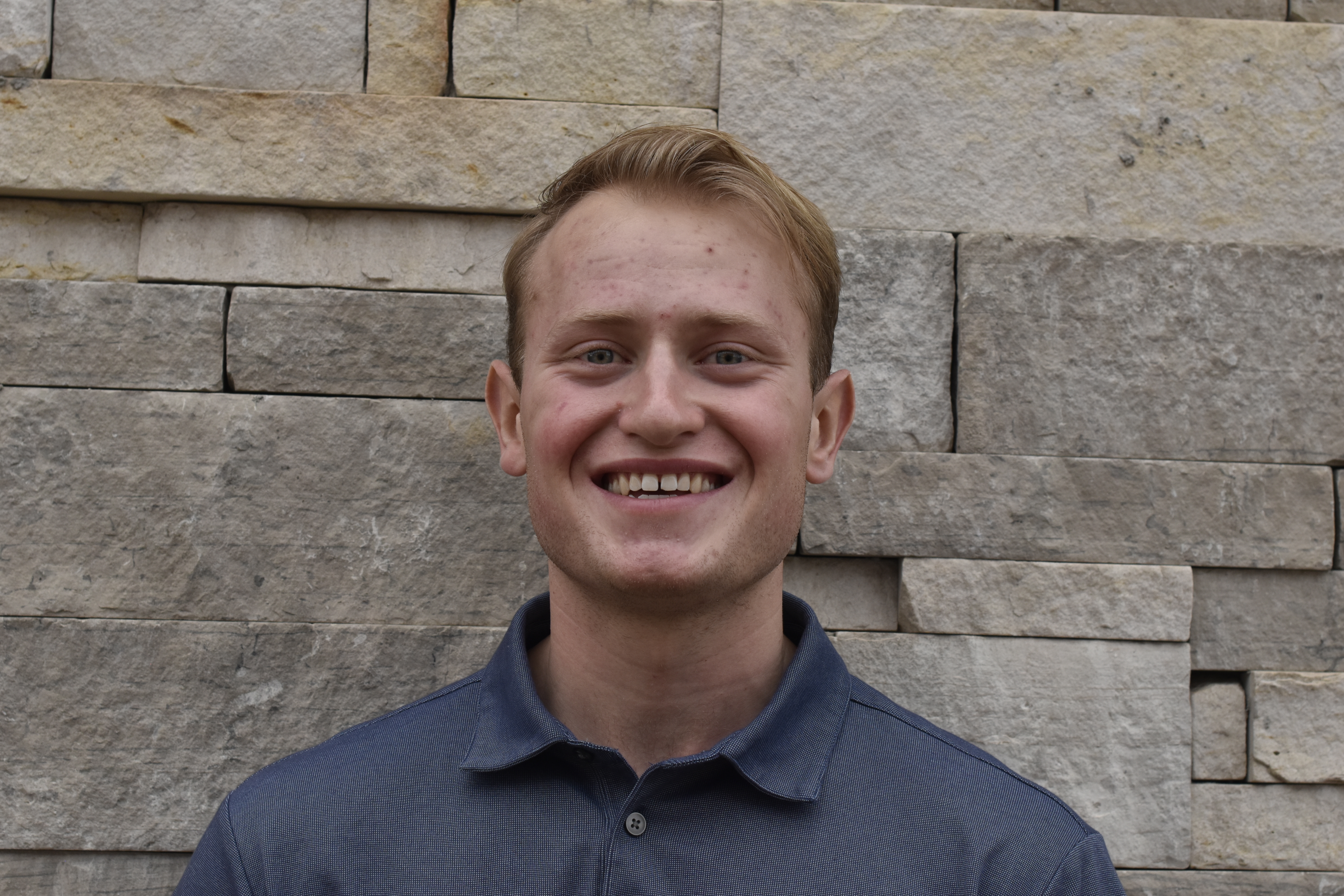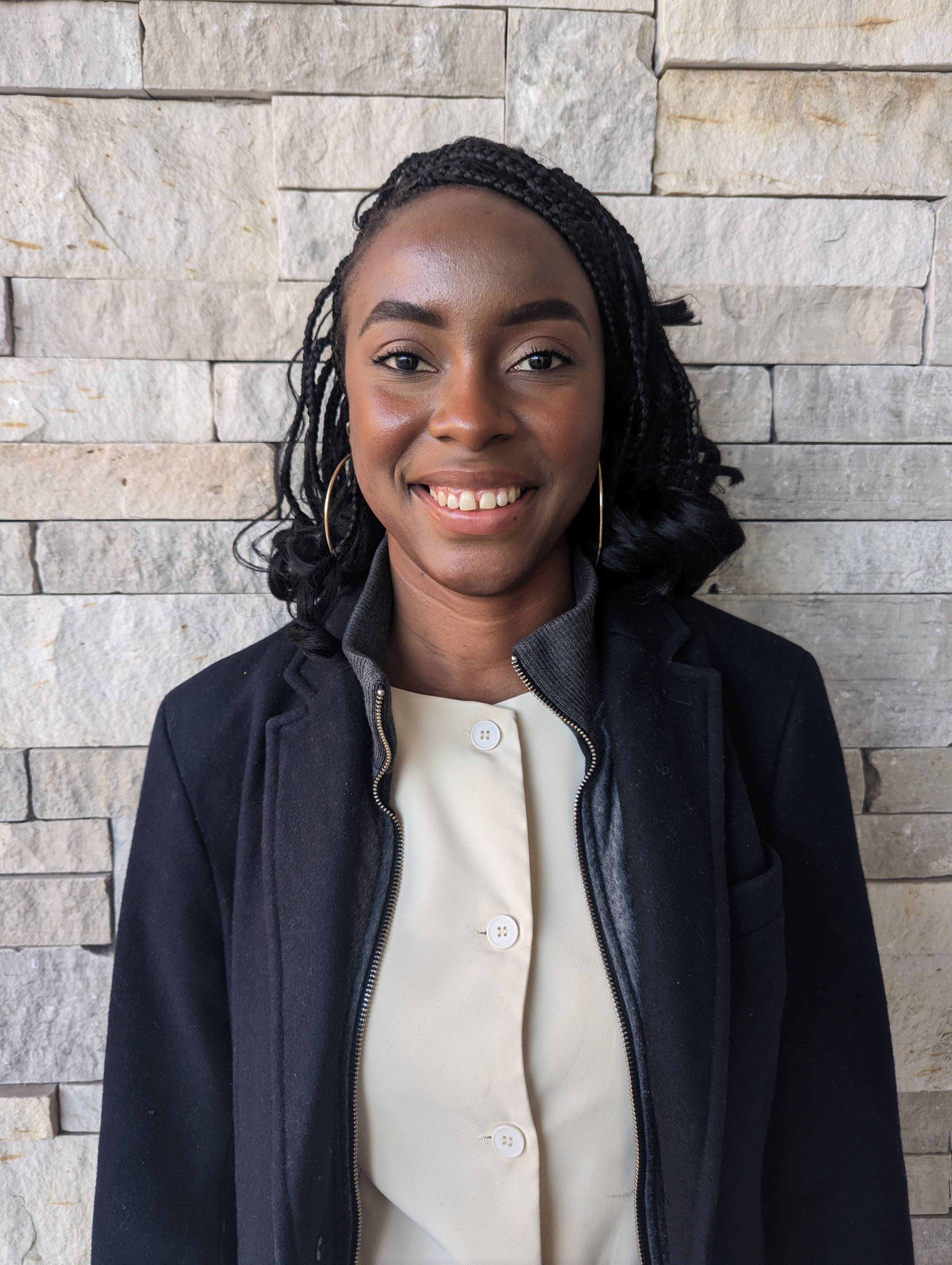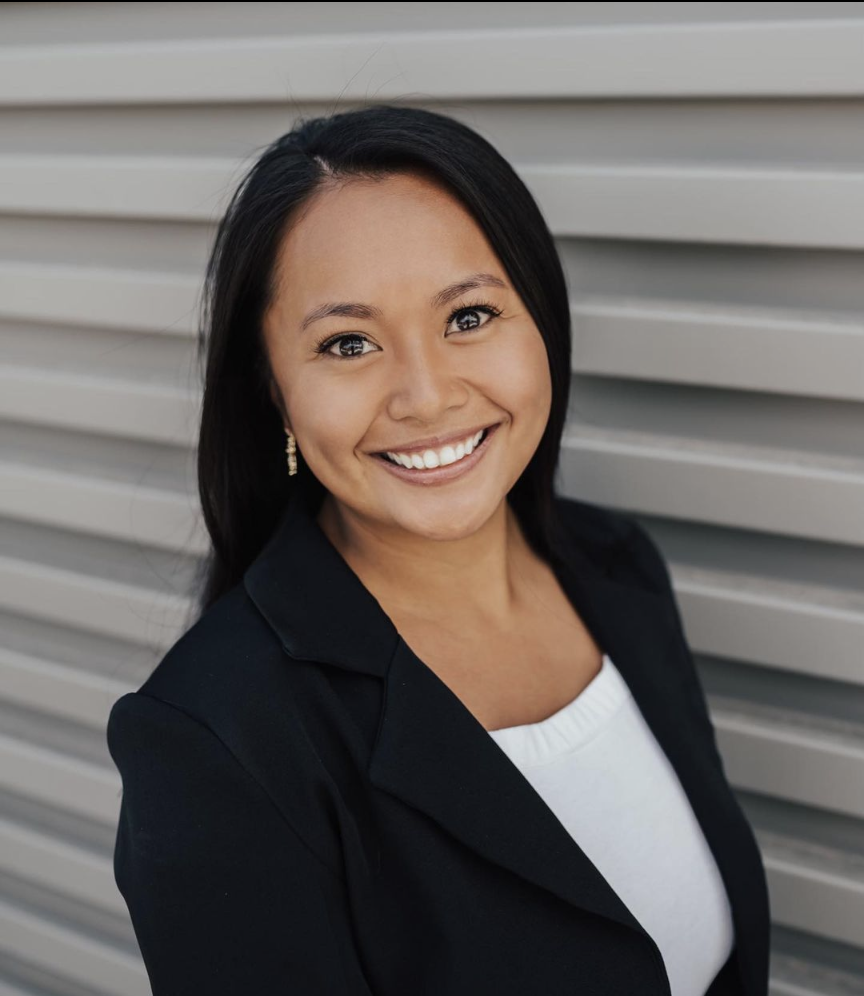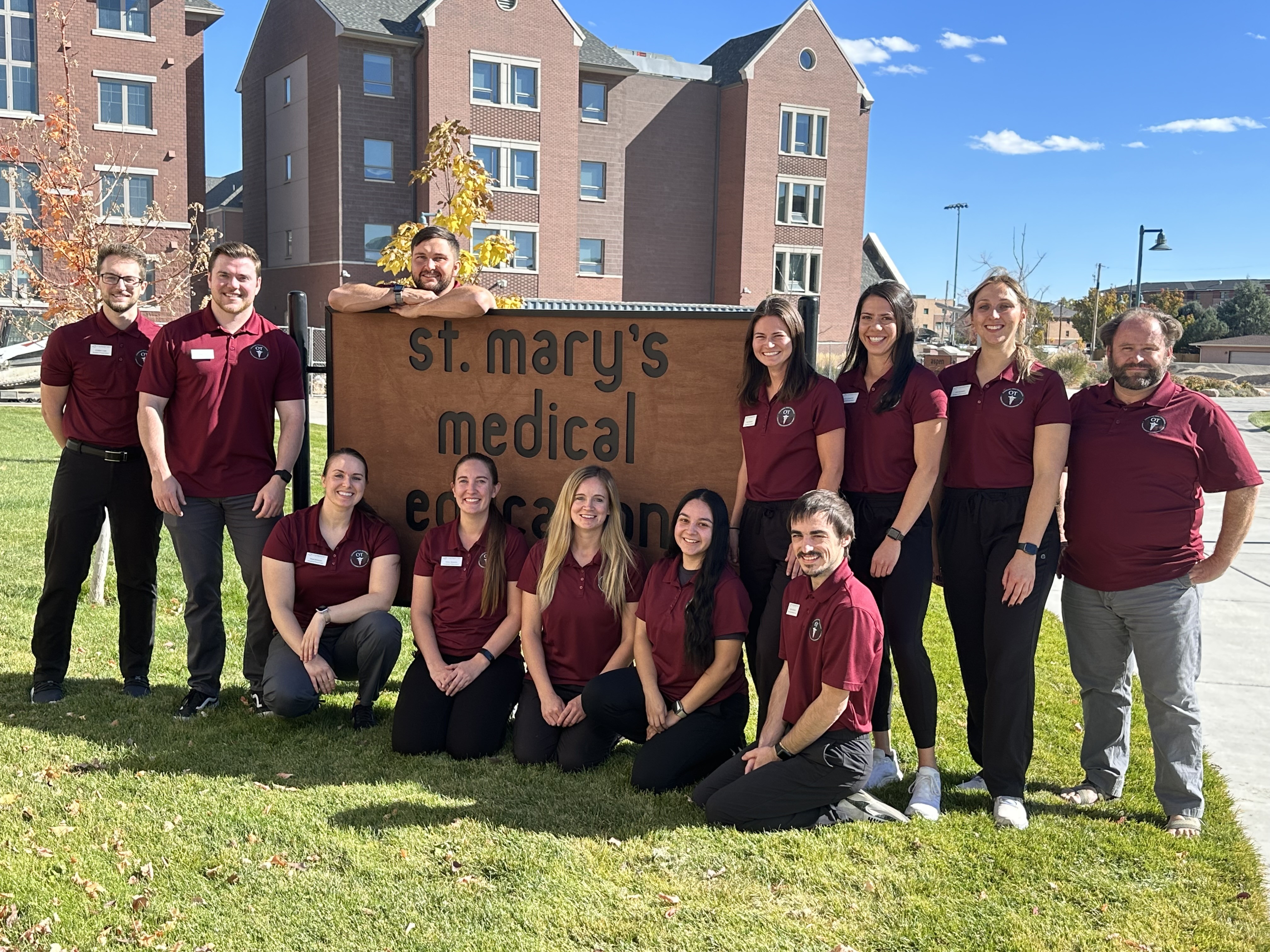Welcome to the Master of Science in Occupational Therapy!
Colorado Mesa University's Master of Science in Occupational Therapy (MSOT) program matriculated the first class of future Occupational Therapists in Spring 2022. Occupational Therapy is a health care profession that focuses on helping people regain, develop or master everyday skills in order to live independent, productive and satisfying lives (Source: AOTA Website).The profession promotes and maintains health, maximizes independent functioning, and enhances development through the therapeutic use of meaningful everyday activities.
The program will consist of didactic and clinical academic work over the course of 24 months.
Academic Requirements for Master of Science in Occupational TherapyMission
The Occupational Therapy Program at Colorado Mesa University strives to prepare practitioners-scholars to meet the diverse occupational needs of individuals, groups, and populations (i.e., the client) across contexts and throughout the lifespan. Consistent with the university's mission to become a Human Scale University, the program is committed to:
- Providing an affordable and accessible education
- Forming meaningful and mutually enriching community partnerships
- Producing excellence in critical thinking and ethical decision making
- Building competence in leadership, advocacy, and research
Vision
We envision a campus community that is a model of the world we want to create. CMU aspires to be a Human Scale Univsersity that serves as a model of the world we want to live in; a world where people aspire to love, extend dignity, choose courage, demonstrate humility, develop resiliency, celebrate curiosity, and use power for good.
Belonging
CMU is a Human Scale University where we are a model of the world we want to create. This model is based on our values where love, dignity, courage, resiliency, curiosity, humility and power are a part of everything we do. Our commitment to these principles allows us to offer you the opportunity for a better life through education as we teach you how to think, not what to believe.
Colorado Mesa University is committed to a safe and healthy campus environment dedicated to fostering a sense of belonging irrespective of factors including, but not limited to, age, race/ethnicity, language, national origin, religion/faith, gender, ability status, veteran status, immigration status, political ideology, socioeconomic background, or sexual orientation. We believe in the power of a Human Scale University to sustain a community where everyone can thrive and feel a true sense of belonging.

